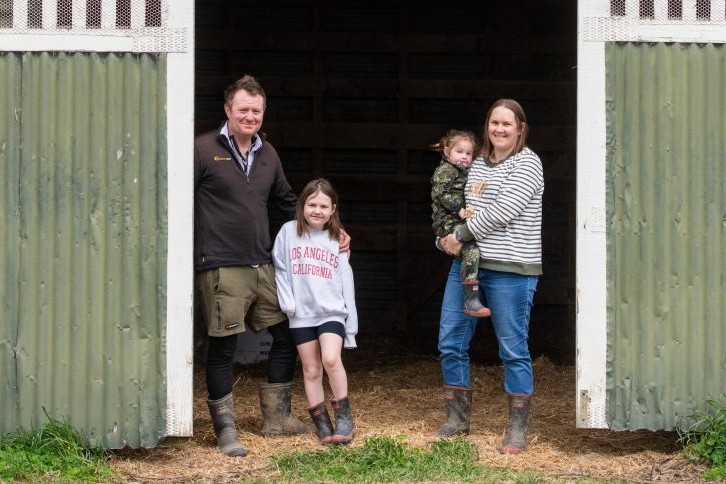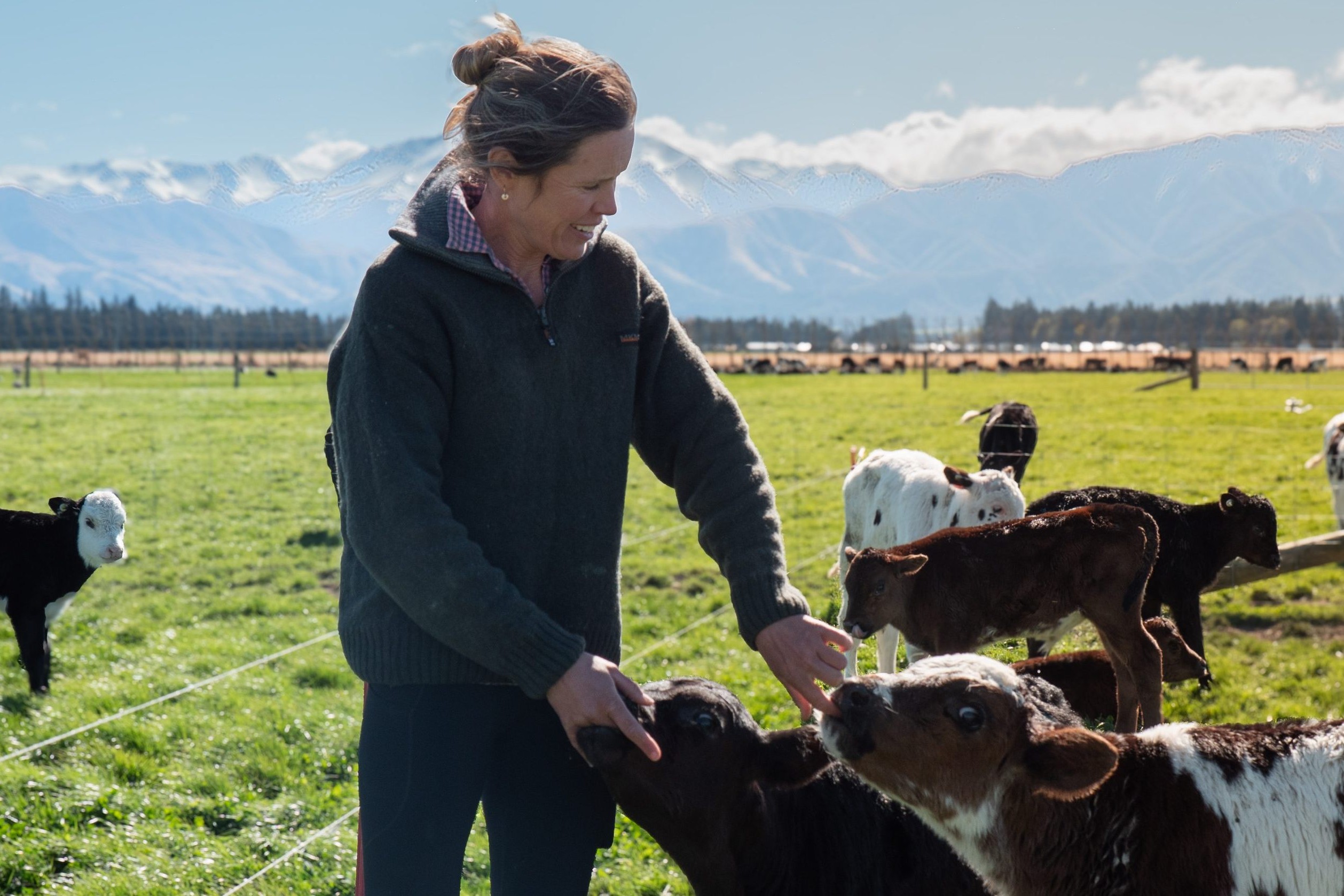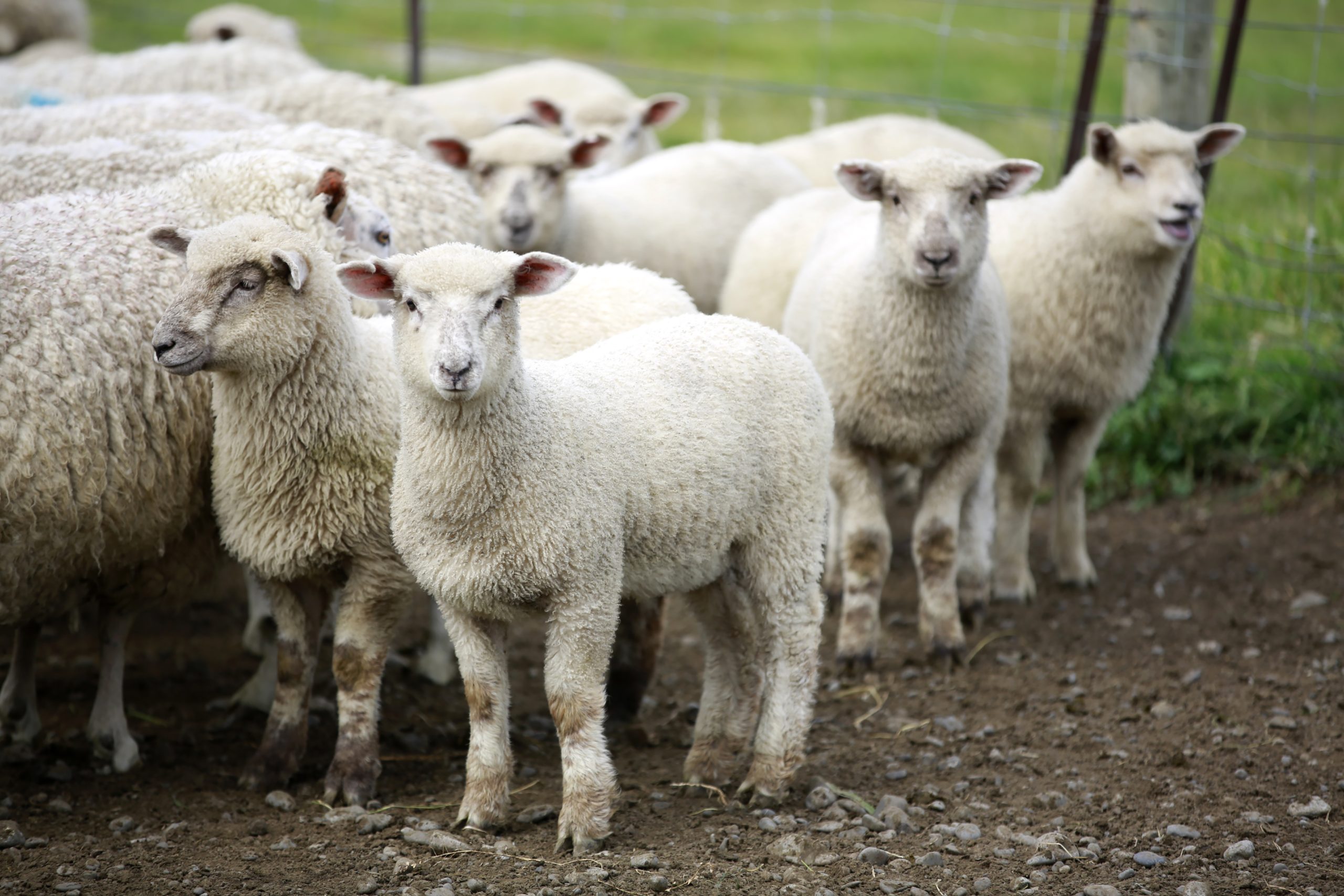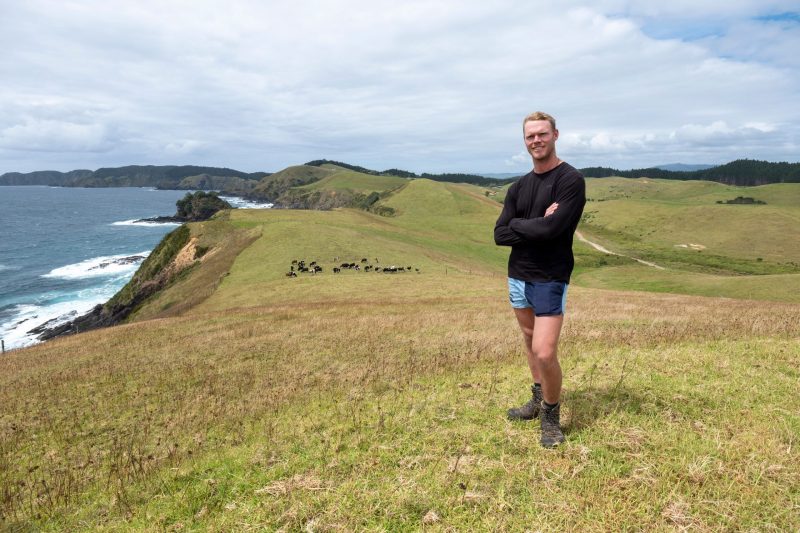Trevor Cook
Wanting to throw something at the television in response to what is coming out of it is a safe way to protest, albeit totally ineffective. Face-to-face with the deliverer of such a potent message I am highly unlikely to throw something at them.
When I watched a very “unjoyful” ecologist tell the world that the biggest environmental threat to New Zealand was intensive farming, I was looking for something to throw.
Even though he was then forced to concede that the lockdown had improved the environment, which strongly suggested that there were other powerful factors involved, the first statement remained as the so-called statement of fact.
Maybe none of those intensive farmers travelled to town during the lockdown and so pollution was reduced. I will not counter that assertion of what is the biggest environmental threat with other facts here except to say that solutions will not come from that sort of statement.
To simmer me down, just two days later I was treated to an experience that can only be shared and appreciated by a small portion of the community. I was in extensive, fairly steep hill country in northern Southland looking at two mobs of ewes on a planned 70-day rotation up to pregnancy scanning.
There were about 4000 in one mob and 4500 in the other. Seeing them spread out over the hills, the clearly and nicely eaten block that they had come from, and the good pasture cover ahead, was just mouth-watering.
To say that it was planned means knowing that it had not been left to chance that there was enough feed available. Feed budgeting on this sort of country is not that precise but sure is better than hoping. To put icing on the cake I watched a mob of about 200 escaped ewes being returned to where they should have been.
The shepherd I was with did that using amazing dog control skills that just left me in awe. It was a she, which made it seem even more special, though admitting that is not PC. The whole experience was of a very specialised execution of highly complex processes, from grazing planning to stock handling. Where else could you see that?
My enthusiasm or excitement was tempered when I found out later that half of those hills were destined for pine trees. Change is inevitable, but ill-conceived change is hard to accept.
The quantity of pasture ahead of those ewes was in part due to plenty of moisture. The seasons had progressed as usual other than perhaps too much rain, unlike much further north where exactly the opposite has been the norm for many months.
Prolonged dry followed by rain always triggers the unexpected. Nitrate poisoning in cattle in late June, for example, and not just the odd one but lots. Rising three-year cattle with clinical Ostertagia was also unexpected – in fact, there were unusual worm outbreaks across the board. Is that because of unusual worm behaviour triggered by their having to survive the dry, or is it grazing animals being unusually susceptible?
Trace element levels notoriously shift out of their normal seasonal ranges following such weather. Macro element levels also change. These are not likely to threaten health until close to lambing or calving – nothing can be taken for granted in farming.
When unusual things happen, like a never expected prolonged dry, having a plan B should be a reflex response. The regions that live with uncomfortable dry spells tend to know what to do, but this summer has hit regions that normally never get as dry as those that are used to it.
Responses might have been slower and not enough but now, into the winter, some serious threats could be looming. Late pregnant ewes carrying multiples are at high risk of dying if not fed enough. As well, they are very susceptible to worms.
Hungry beef cows close to calving can succumb to metabolic problems. Breeding stock are the ones that are most vulnerable to any extremes. I have never done as many feed budgets as I have this autumn and winter. Trying to make something from nothing is not easy. Nevertheless, just rationalising where it is all at and making some plans, even if still a long way from being adequate, can make a difference.
With our school children being told how devastating farming is to the world, the tree takeover continuing unabated, and planned implementation of very restrictive and expensive but unproven fresh water management rules in some areas, could make it very depressing. But focusing on making farming systems more efficient will always put those systems in a much better place to counter these challenges.
Efficiency is closely linked to profitability. What that looks like is another discussion.





